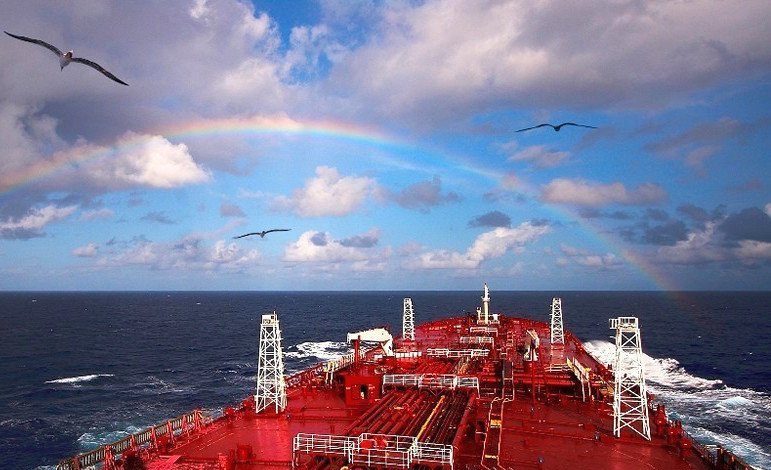What you can do to help those at sea

Former soldier Steve Regis, now COO of ARX Marine, writes about seafarer mental health, a critical issue at this festive time of the year.
A seafarer. What does the word mean to you? A glamorous life at sea, lots of traveling to exotic ports? A lifetime of experiences? A stable steady income and stable job? Do words like abandonment, isolation, fear of death, fear of kidnapping, or violent assault come to mind?
A recent report published by the Sailors’ Society Crisis Response Network (CRN) found that seafarers dealing with death at sea and abandonment accounted for almost two-thirds (59%) of those supported.
Post-Traumatic Stress Disorder (PTSD) is a mental health issue that appears to be increasing in prevalence amongst seafarers, especially those operating in High Risk Areas.
PTSD is a subject that is close to my heart, as result of my service in the Royal Marines; while in service, I was deployed to both Iraq and Afghanistan, and I ‘ve experienced horrific things.
Although I do not class myself as someone who has been affected by PTSD, the scars from these experiences are something that I live with on a daily basis.
Unfortunately, however, I do have a number of friends that have greatly suffered with PTSD, some of which have sadly taken their lives.
My experience from being a soldier on the ground was that there was a stigma attached to saying that you were ‘upset’ by what you have seen.
From my own perspective, there would also be a large amount of guilt associated with saying that you had been mentally affected by an incident, even when one of your team mates might have had an arm and leg blown off at the same time.
It was expected that you just needed to be mentally strong, and anything less than this meant that you were just weak. A lesser man.
I am pleased to say that at a grass roots level at least, this attitude is changing.
More soldiers are encouraged to talk about their experiences openly, with the Royal Marines being at the forefront in adopting a peer to peer trauma response incident management program (TRIM).
So, what can we do shoreside? While this is far from perfect, considering that there’s a lot of work that needs to go into it, it’s certainly a step in the right direction.
On retiring from the armed forces, I spent a number of years at sea as a commercial armed guard. Unfortunately, there was a stark correlation from what I had experienced on the battlefield, to what crewmembers experience onboard a ship sailing through a high-risk area. The threat of attack by Somali pirates armed with automatic rifles and RPGs. The thought of being held for ransom for months; being beaten and starved.
Stories of such are ordeals are often shared by sailors that have survived them and there would a tangible level of fear and horror amongst the crew every time we would sail into pirate infested waters. You don’t have to be attacked by pirates in order to be mentally affected by piracy.
Living in fear of such attacks can and does have an effect on someone’s mental well-being. I have seen this on the water dozens of times, with crew that has been at sea, isolated from their family & friends, thousands of miles from home, terrified on a daily basis.
So, what can we do shoreside? First, we must recognise that this is a very real issue. Give it the time and attention it needs, look to support where you can. Make sure that your crew understands that there is a support network at home for them; promote services such as Sailors’ Society’s Crisis Response Network. Develop and implement a TRIM program and put some real weight behind it; there are companies that can help support and develop these initiatives.
What can you do if you’re at sea? Look out for each other. Has your teammate become withdrawn? Are they less talkative, nervous, more irritable or aggressive? If so, it could be a sign or a symptom.
Talk to someone; talk to your crew mates. Ask them how they are, let them know that they are not the only ones that are worried. Talk about experiences; how it’s affected you in the past, and how it’s affecting you now.
I do this now every year with the guys I served with in Afghanistan, and it’s invaluable. Mental health is as important as physical health and fostering a culture that recognises this from the top down and the bottom up is a vital step towards providing much-needed support to the world’s brave seafarers.
